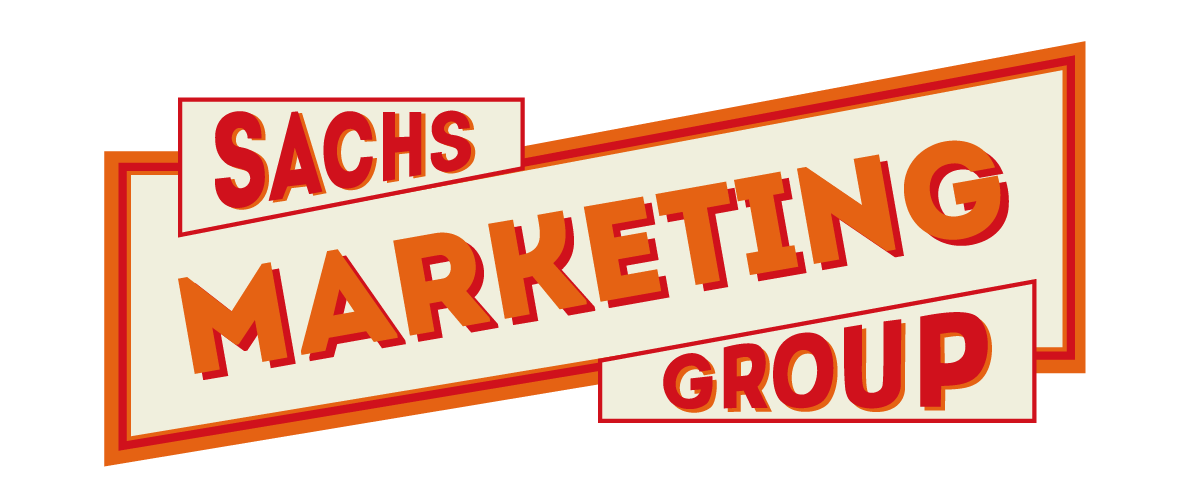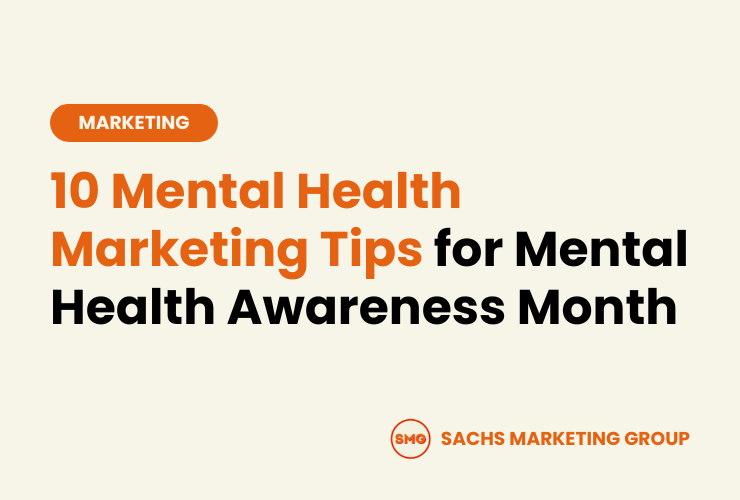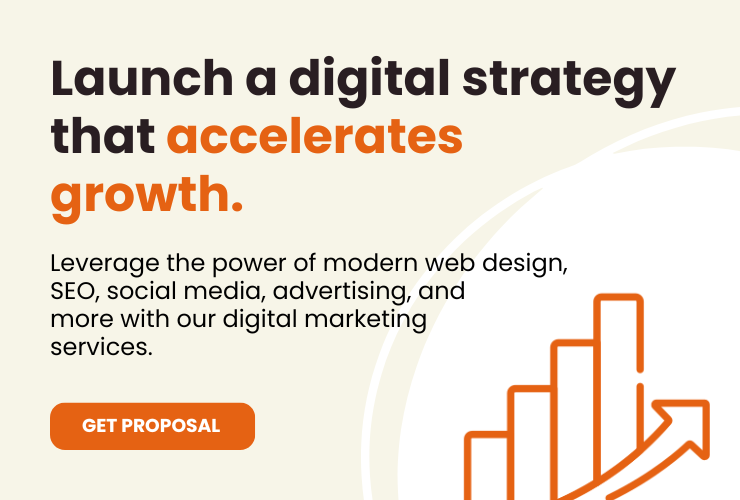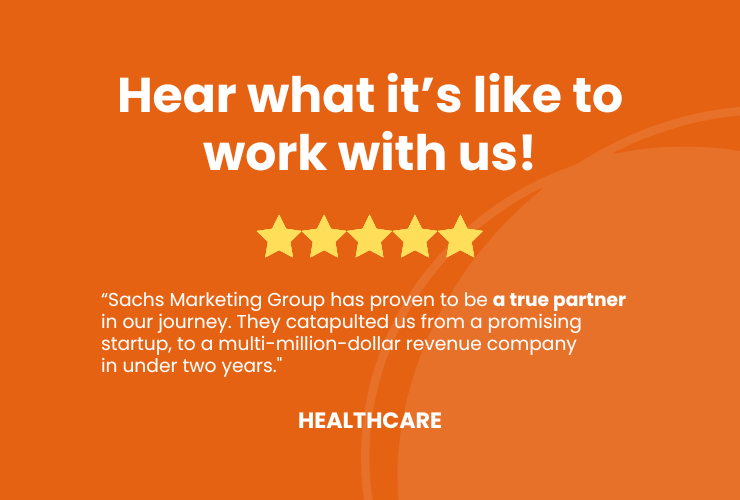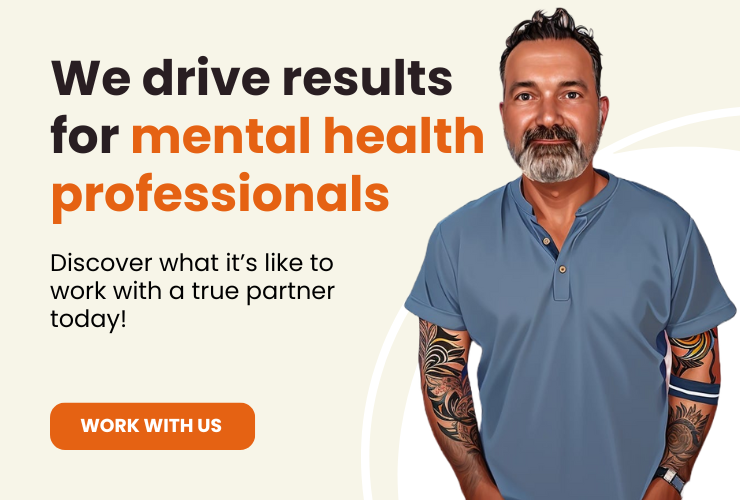Mental health professionals must leverage Mental Health Awareness Month in their May marketing strategy. This not only boosts their visibility and combats stigma but also educates the public on crucial mental health issues. This strategic focus allows providers to showcase their empathy and expertise, enhancing their connection with potential clients and emphasizing the importance of seeking help.
Mental Health Awareness Month presents a critical opportunity for mental health professionals to elevate their visibility and connect with those needing help.
The focus on mental health during May creates a receptive environment for discussions about mental health care, making it an ideal time to increase community engagement and reduce stigma.
However, without the right mental health marketing strategies, many professionals miss the chance to align their practice with potential patients during heightened awareness. Effective marketing during this month can transform the public’s approach to mental health, encouraging more people to seek out and utilize mental health services.
In this article, we explore 10 mental health marketing tips for Mental Health Awareness Month, providing you with practical strategies to enhance your outreach and impact.
10 Mental Health Marketing Tips
Mental Health Awareness Month offers a unique opportunity for mental health professionals, including therapists, psychiatrists, and program directors, to highlight their services and contribute to a significant cause.
Here are 10 mental health marketing tips you can integrate into your marketing strategy during Mental Health Awareness Month this May:
1. Run Targeted Social Media Ads
Mental Health Awareness Month is an excellent time for mental health professionals to utilize targeted social media ads to enhance their outreach.
By leveraging detailed audience segmentation, you can ensure that your ads reach individuals most likely to benefit from your services. These ads can focus on promoting special events, sharing educational content, or highlighting the availability of new services like online therapy sessions.
Utilizing platforms such as Facebook, Instagram, or LinkedIn allows you to tailor your message based on demographics, interests, and behaviors, ensuring your ad budget is spent efficiently. If you’re wondering how much social media ads cost, each platform offers easy-to-use ad management tools to ensure you don’t overspend. Additionally, these platforms provide analytics to measure the effectiveness of your campaigns, allowing you to review progress in real-time.
Running targeted social media ads during this crucial month increases awareness and positions your practice as a committed advocate for mental health.
Related: The Ultimate Guide to Social Media Marketing for Therapists
Sharing personal stories can profoundly impact Mental Health Awareness Month campaigns.
By featuring your clients’ narratives of recovery and resilience, you create an emotional connection that transcends typical marketing messages.
These stories can dramatically illustrate the effectiveness of your services and inspire others who might be hesitant to seek help. When sharing these stories, prioritize confidentiality and consent to protect privacy while demonstrating mental health care’s real-world impact.
Publish these stories across various platforms—your website, social media, and newsletters—to reach a broad audience.
This strategy not only humanizes the issue of mental health but also actively contributes to destigmatizing mental health challenges, making your practice a beacon of hope and support in the community.
3. Design Graphics for Your Website and Social Channels
Enhance your digital presence during Mental Health Awareness Month by creating engaging, shareable graphics. Whether you work with a professional web design agency or have the skills to create something yourself, a few graphics can go a long way toward aligning your website and social profiles with the community.
These visuals should convey key messages about mental health, such as statistics highlighting the importance of early intervention, tips for maintaining mental wellness, or inspirational quotes from mental health advocates.
Use appealing designs and colors that reflect your brand and make the information easy to understand. Place these graphics prominently on your website and social media platforms to encourage sharing.
The more your graphics are shared, the wider the reach of your educational messages. This increases awareness and helps to normalize conversations about mental health.
This approach educates the public and drives traffic back to your services, positioning you as a trusted resource in mental health care.
Related: The Ultimate Guide to Mental Health Website Design
4. Publish Awareness Blog Posts
Blogging during Mental Health Awareness Month allows you to delve deeper into relevant topics, offering valuable insights and education to your audience.
Write posts covering various issues, from the signs and symptoms of mental health conditions to the latest treatment innovations and personal wellness strategies. Each post should provide actionable advice that readers can apply or encourage them to seek professional help.
Optimize these posts for search engines by using relevant keywords to help people find your content when searching for mental health resources online.
Regularly publishing high-quality blog content establishes your expertise and can make your website a go-to resource for those interested in mental health, thus enhancing both reach and reputation.
Related: SEO for Mental Health Professionals
5. Run Targeted Search Engine Ads
Utilizing targeted search engine ads during Mental Health Awareness Month can significantly increase the visibility of your mental health services.
By carefully selecting keywords related to mental health issues and treatments, you can ensure that your ads appear to users actively seeking support. This method allows you to reach individuals when they need help, making it more likely that they will engage with your content or services.
Tailor your ads to address common concerns and highlight the availability of immediate help, such as counseling sessions or crisis resources.
This strategic use of search engine marketing boosts your service’s visibility and positions your practice as a readily available solution for those in crisis, enhancing outreach and effectiveness.
Check this out: The Clinician’s Guide to Mental Health Ads and PPC Advertising
6. Partner with Influencers Who Support Mental Health Awareness
Partnering with influencers passionate about mental health can amplify your message during Mental Health Awareness Month.
Choose influencers with a genuine connection with their audience and a track record of advocating for mental health issues.
Social media influencer marketing partnerships can take various forms, such as sponsored posts, story takeovers, or joint events, all aimed at raising awareness and promoting your services. Influencers can speak authentically about their experiences or the importance of seeking help, making the message more relatable and impactful.
Their endorsement can lend credibility to your practice and extend your reach to potential clients who may feel more comfortable seeking help after hearing from someone they admire and trust.
Short, informative videos are a powerful tool for engaging audiences during Mental Health Awareness Month.
Focus on creating videos that provide quick tips, bust myths, or explain mental health concepts in simple terms. These videos can be shared on your website, social media channels, and online ads.
Utilizing platforms like YouTube, Instagram, or TikTok can help these videos reach a broad audience, especially among younger demographics who prefer quick, visual content. Ensure the videos are captioned and accessible to all viewers, including those with hearing impairments.
Regularly posting these short videos can keep your audience engaged, informed, and encouraged to share the content, helping spread vital information and increase awareness about mental health services.
8. Host Live Q&A Sessions
Hosting live Q&A sessions during Mental Health Awareness Month is an excellent way to engage your audience and directly address their concerns in real time.
Utilize platforms like Facebook Live, Instagram Live, or Zoom to facilitate these sessions, allowing individuals to ask questions anonymously if they prefer, which can increase participation from those hesitant to seek help publicly. Prepare by gathering common questions beforehand or invite participants to submit questions in advance.
These sessions can cover various topics, from general mental health issues to specific treatment options, and can be hosted by professionals within your practice to provide accurate, helpful information.
This interactive format helps demystify mental health services and builds trust and credibility, showing that your practice is committed to transparency and support.
9. Promote Early Screening and Assessment Services
Promoting early screening and assessment services can help attract potential patients who aren’t sure how to get started. In our experience, this call to action works particularly well for therapists, doctors, and addiction treatment centers that offer ongoing treatment.
Through your marketing channels, emphasize the importance of early detection. Highlight how these services can lead to better outcomes and often prevent worsening conditions. Utilize blog posts, newsletters, and social media to educate your audience about the signs and symptoms to watch for and the benefits of early intervention.
Consider offering special promotions or free initial consultations to encourage more people to use these services. By making these services more accessible and well-known, you can significantly improve community health and well-being.
Email marketing remains one of the most effective ways to reach your audience with detailed and personalized messages.
Use your email campaigns to share valuable resources such as articles, toolkits, or links to mental health apps that can support individuals in managing their mental health. Segment your email list to ensure that the content is tailored to the needs of different groups within your audience, such as teenagers, parents, or elderly clients.
Regular updates can keep your audience informed about new services, upcoming events, or changes in practice. Well-crafted emails can educate and inspire action, driving new and returning clients to engage with your services more deeply.
We Specialize in Mental Health Marketing
Are you looking to make a significant impact during Mental Health Awareness Month with your marketing efforts?
Sachs Marketing Group is a full-service digital marketing agency with over a decade of experience specializing in mental health marketing! With our expert team, proven strategies, and deep understanding of the mental health sector, we can elevate your visibility and connect you with those in need, transforming your outreach into meaningful engagements.
Contact Sachs Marketing Group today to discover how our tailored mental health marketing services can help your practice thrive.
Conclusion
During Mental Health Awareness Month, mental health professionals must strategically approach their marketing efforts. Professionals can significantly enhance their outreach and impact by implementing the tips above.
Embracing these mental health marketing techniques will position your practice as a leader in promoting mental health awareness, ultimately fostering a healthier community.
